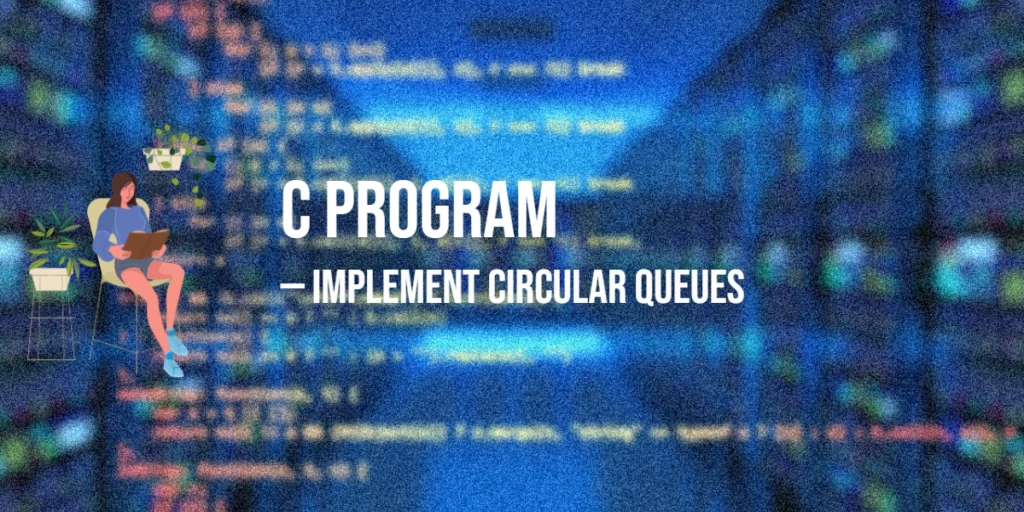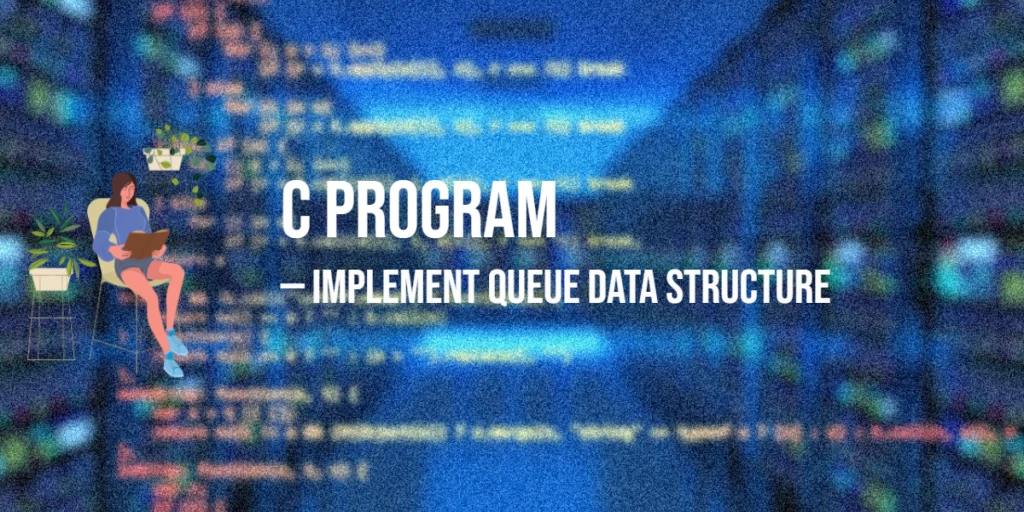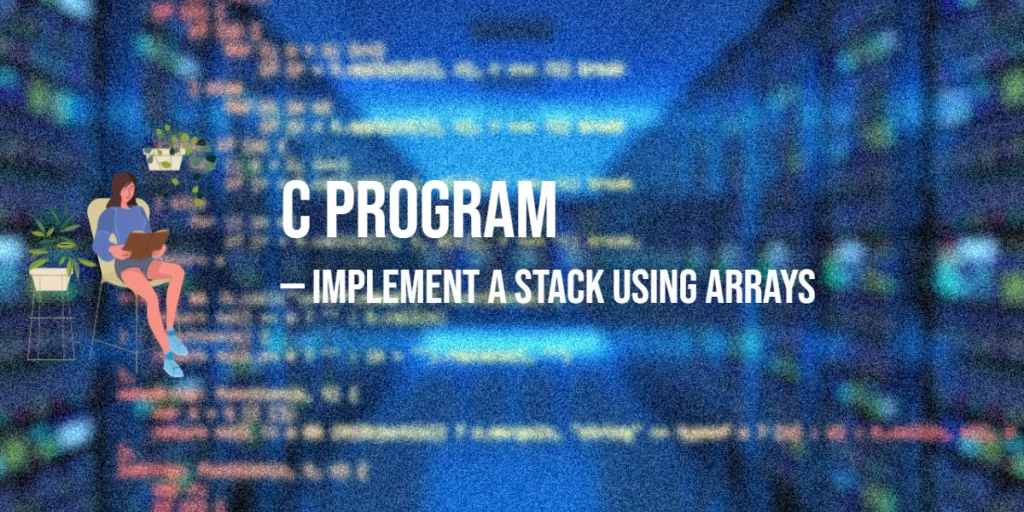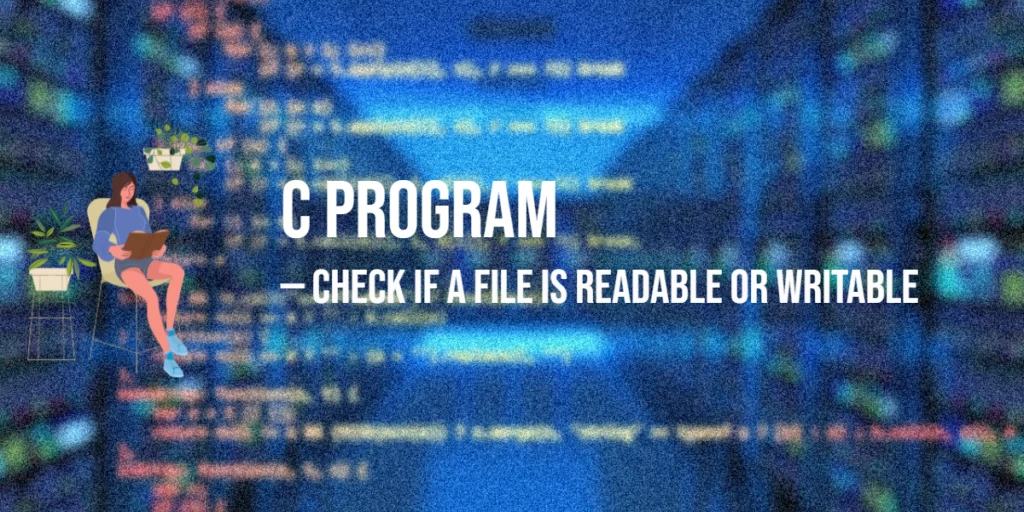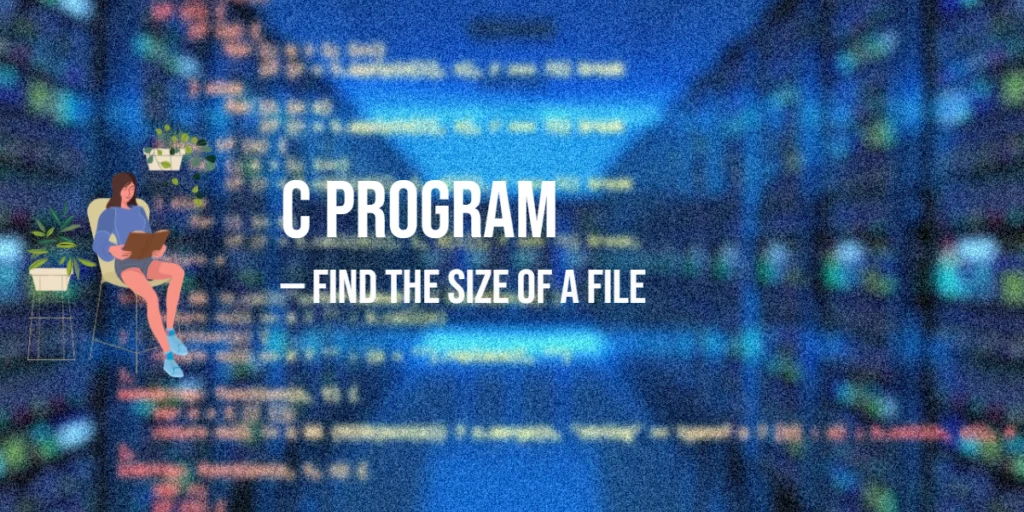C Program to Implement Circular Queues
A circular queue is an advanced type of queue that efficiently uses memory by connecting the end of the queue back to the beginning. Unlike a linear queue, it avoids wasted space after multiple enqueue and dequeue operations. Circular queues are widely used in buffering, task scheduling, and operating systems. This article demonstrates array-based and […]
C Program to Implement Circular Queues Read More »
